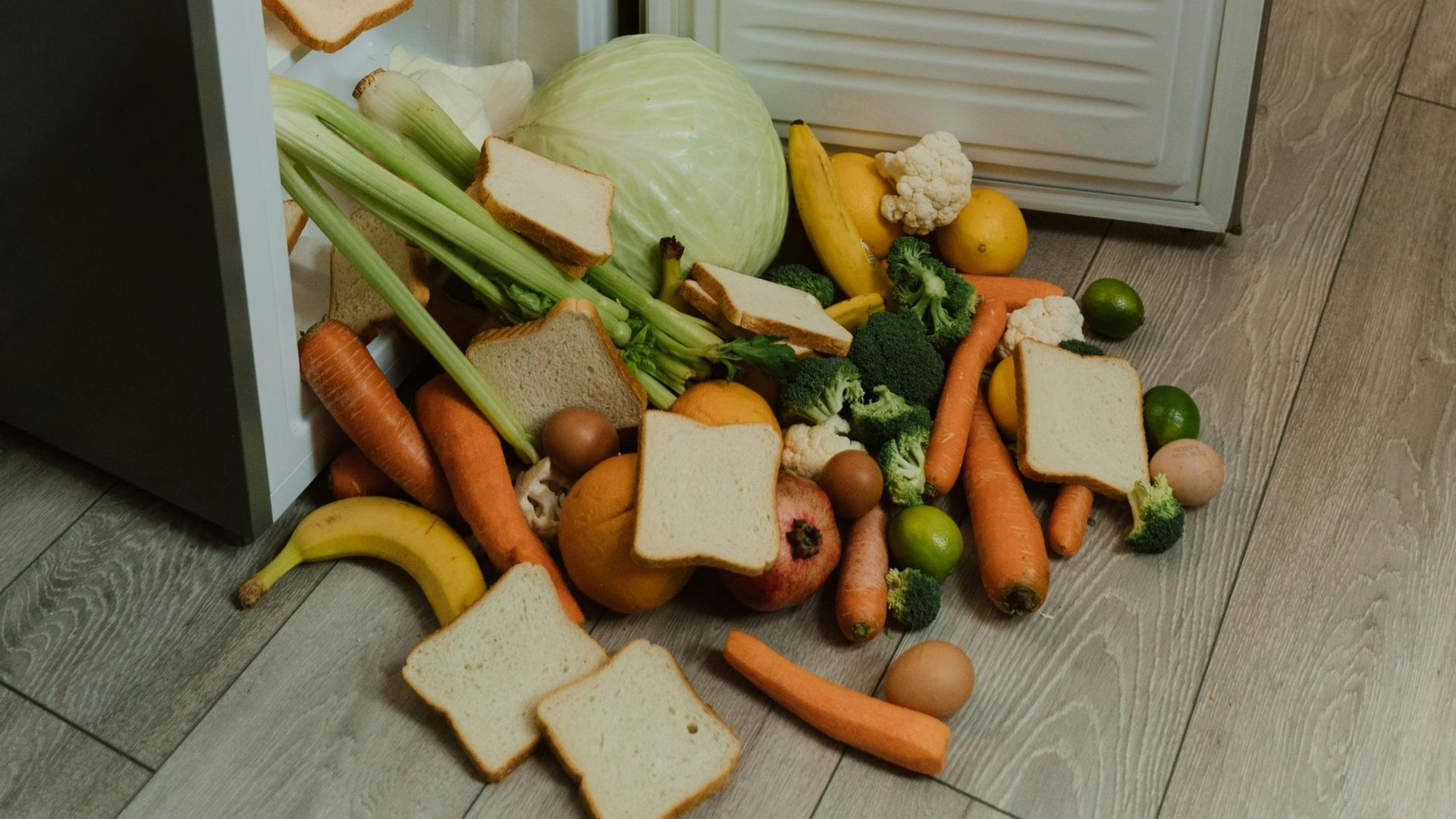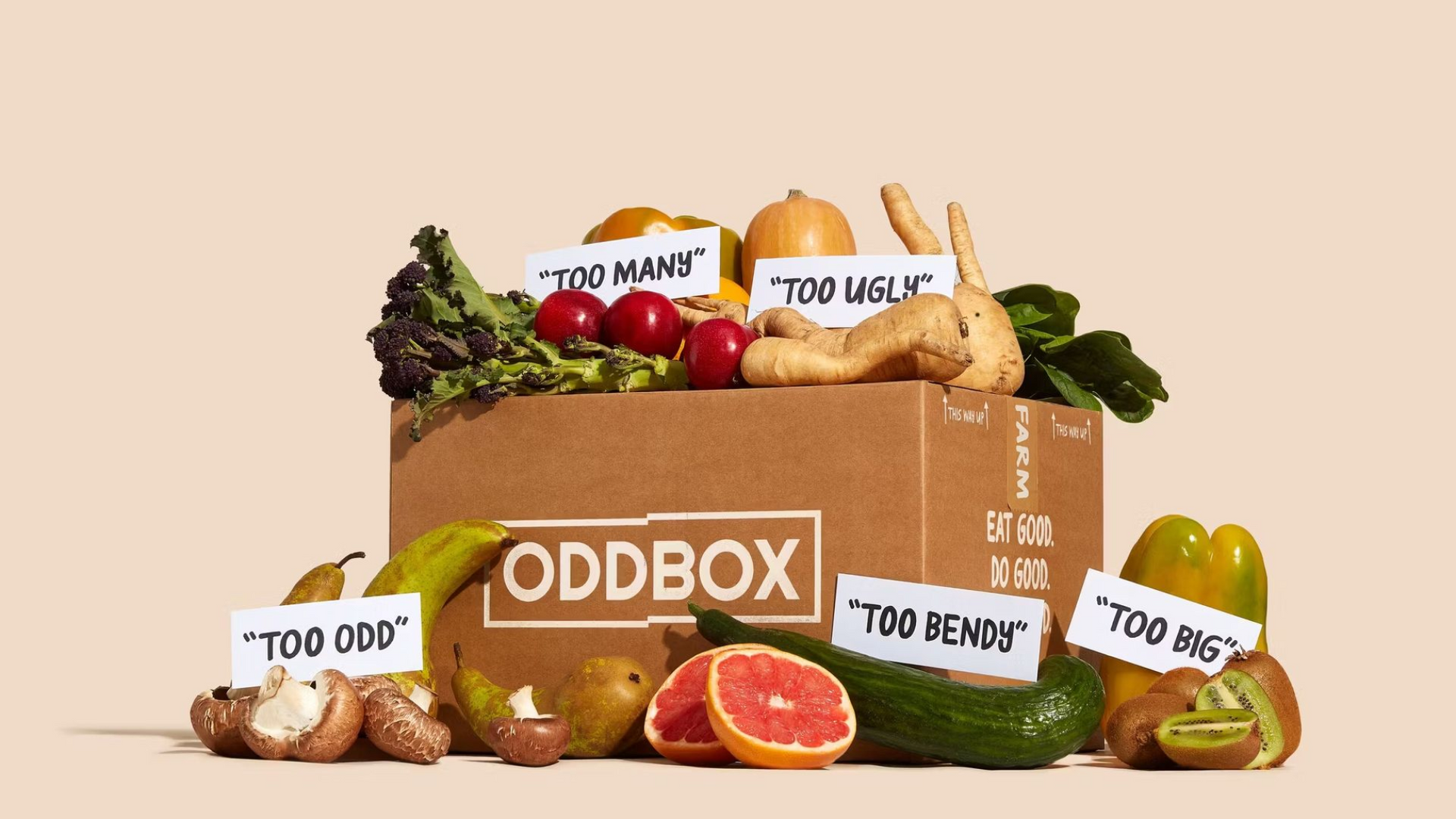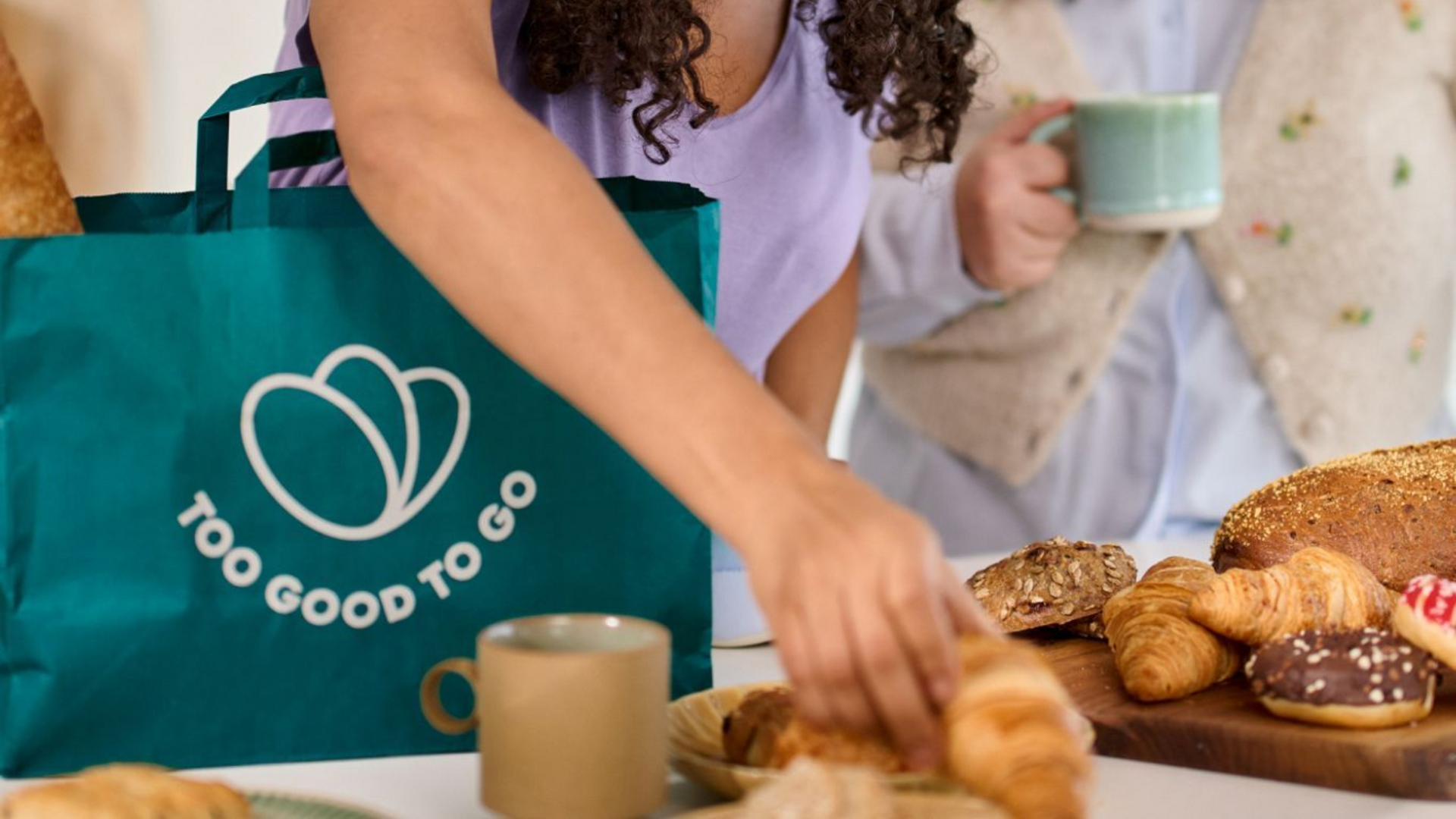Common Overconsumption: How to Reduce Food Waste on a Daily Basis
At Zero Wasted, our mission is to help you make informed, conscious choices—we do the research so you don’t have to. Affiliate Disclosure: Some articles may contain affiliate links, meaning we may earn a small commission if you make a purchase through them. This comes at no extra cost to you, and we only recommend products we truly believe in.
Every day, millions of tonnes of perfectly edible food end up in bins, which isn’t just a waste of money but a significant environmental and social challenge.
From the bread that goes stale on our counters to the vegetables that wilt in our fridges, food waste has become an unconscious habit that impacts our households, our communities, and the planet. In this guide, we’ll take a look at why food waste is such a huge problem and how making a positive change could
start in your kitchen.
Why Reducing Food Waste Matters
Food waste is one of the most pressing environmental challenges we currently face, and the implications extend far beyond our kitchen bins. When food winds up in landfills it produces methane, a greenhouse gas that’s 25 times more potent than carbon dioxide.This in turn, means that food waste is a significant contributor to climate change.
The impact doesn’t stop there though—it’s also a waste of resources, including the water used for irrigation, the energy used to produce and transport the food, and the land used for agriculture that could have been preserved for natural habitats.
From an economic perspective, the impact is equally staggering. UK households throw away around
£700 worth of food every year, which creates a collective financial drain that amounts to billions across the entire economy. In a world where millions face food scarcity, the ethical impact of wasting food also can’t be ignored. When we waste food, we're not just throwing away resources, but rather contributing to a system that fails to adequately feed everyone while simultaneously harming the planet.
Oddbox delivers farm-fresh, wonky fruit and veg straight to your door, rescuing produce that’s “too odd” or “too many” for supermarkets. Get 50% off your first Oddbox here.
Practical Steps for Reducing Your Food Waste
Limiting the amount of food you’re throwing away involves a few steps. The first is meal planning and being mindful about what you’re buying in the supermarket. When planning your meals in advance, you are more likely to only buy what you need for each recipe, which reduces the risk of food being left at the end of the week. Shopping at zero waste stores can also be useful, allowing you to buy the amount you need for the week, rather than larger bags where the excess might sit in the cupboards unused.
It’s important to check what you already have in the cupboards and fridge, so you don’t buy duplicates that are not needed. Smart shoppers also know how to distinguish between "best before" and "use by" dates, since many foods are still safe to eat and nutritious well beyond their best before dates.
Taking a creative approach to using leftovers can transform ingredients that might otherwise be discarded, saving you money as well as food. Vegetable scraps can be turned into flavourful stocks, overripe fruits are perfect for smoothies or baking, and wilted greens can be revitalised into soups or stir-fries. Bread is one of the most commonly wasted food items, but can also be repurposed as other ingredients such as breadcrumbs for binding meatballs and burgers. Further suggestions from artisan bakers, Panificio Italiano include savoury toasted breadcrumbs for use with pasta dishes, or the sweeter indulgence of a bread and butter pudding.
Storing your food properly will significantly extend the shelf life of your fresh produce and other perishable items. Organise your fridge with a first in, first out policy that ensures you’re using older items before opening new purchases, so nothing goes to waste unnecessarily. There are also certain foods that should and shouldn’t be stored together—storing soft fruit with bananas, for example, can lead to them ripening sooner than they ordinarily would.
Business Incentives and Campaigns
The government has recognised the need to urgently address food waste, implementing comprehensive policy initiatives and strategic partnerships to tackle the problem. The UK Food and Drink Pact, formerly the Courtauld Commitment, is a voluntary agreement facilitated by WRAP (Waste and Resources Action Programme) which brings together nearly 200 businesses across the food system to collectively reduce waste. It’s a flagship initiative that’s evolved through multiple phases, setting ambitious targets for waste reduction while fostering collaboration between retailers, manufacturers, and hospitality providers.
Major UK supermarkets like Tesco and Morrisons have implemented innovative schemes to address food waste, such as wonky vegetable boxes which celebrate imperfect produce while offering customer savings, and end-of-day discounts on leftover items. This helps retailers clear perishable inventory while providing affordable options for budget-conscious shoppers.
Several companies have emerged that aim to connect surplus food with communities who need it, such as FareShare and
The Felix Project who work with businesses in the food industry to rescue food to redistribute it to charities, schools and community groups. These networks have saved millions of tonnes of food from landfills while addressing food insecurity in local communities.
'Too Good To Go' are helping fight food waste and can help you save money. Download the app here.
The fight against food waste needs collective commitment from individuals, businesses, and governments all working together toward common goals. Hopefully these practical tips can help you reduce food waste in your day to day routine, and make a meaningful change for the good of the planet.
Newsletter Signup









